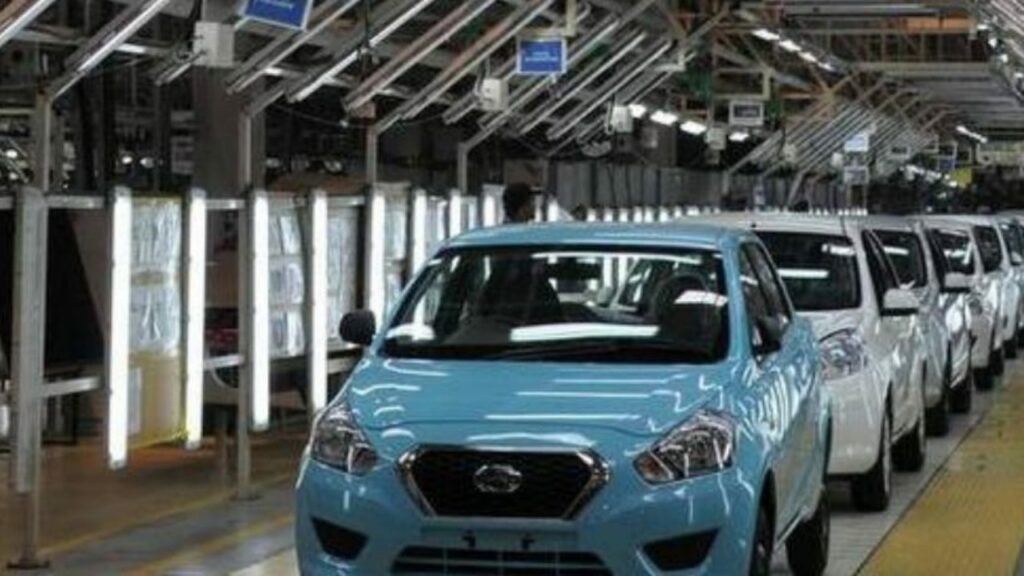Nissan shares jumped by 5.5% in early trading on Tuesday, even as the Japanese automaker faces one of its worst financial crises to date. The company is reportedly planning to cut 10,000 additional jobs to stay afloat, bringing its total workforce reduction to approximately 15%.
These drastic steps come ahead of its earnings report, where Nissan is expected to announce a record annual loss of nearly $5 billion.

Crumbling Merger Hopes and Heavy Losses
Nissan’s financial woes have deepened since its failed attempt to merge with rival Honda earlier this year. Talks broke down in February when Honda insisted Nissan become a subsidiary—an offer Nissan rejected.
Just last month, Nissan issued a profit warning, projecting a net loss of ¥700 to ¥750 billion ($4.8–$5.1 billion) for FY 2024–25. That would surpass its previous worst loss in 1999–2000 when the company nearly collapsed.
Struggling Against Global Headwinds
Like many legacy carmakers, Nissan is grappling with a fast-evolving global auto market. Chinese electric vehicle manufacturers are outpacing traditional players in technology and pricing, while U.S. tariffs of 25% on imported vehicles have further strained Nissan’s margins.
Unlike Toyota or Honda, Nissan’s consumer base is more price-sensitive, limiting its ability to pass on costs. According to Bloomberg analyst Tatsuo Yoshida, this makes Nissan particularly vulnerable.
Downgraded Ratings and Project Delays
Amid the turbulence, credit rating agencies have downgraded Nissan to junk status. Moody’s cited “weak profitability” and an “aging model portfolio” as key concerns. In another setback, Nissan recently shelved a $1 billion battery plant project in southern Japan, citing a challenging business environment.
These mounting issues follow years of instability, including the 2018 arrest and dramatic escape of former chairman Carlos Ghosn.
A New CEO, But Old Problems Remain
Nissan appointed a new CEO in March, but systemic challenges remain. With its stock price down nearly 40% in the past year, urgent restructuring is underway. Whether drastic job cuts and strategic pivots can revive Nissan remains to be seen—but for now, the company is in survival mode.

